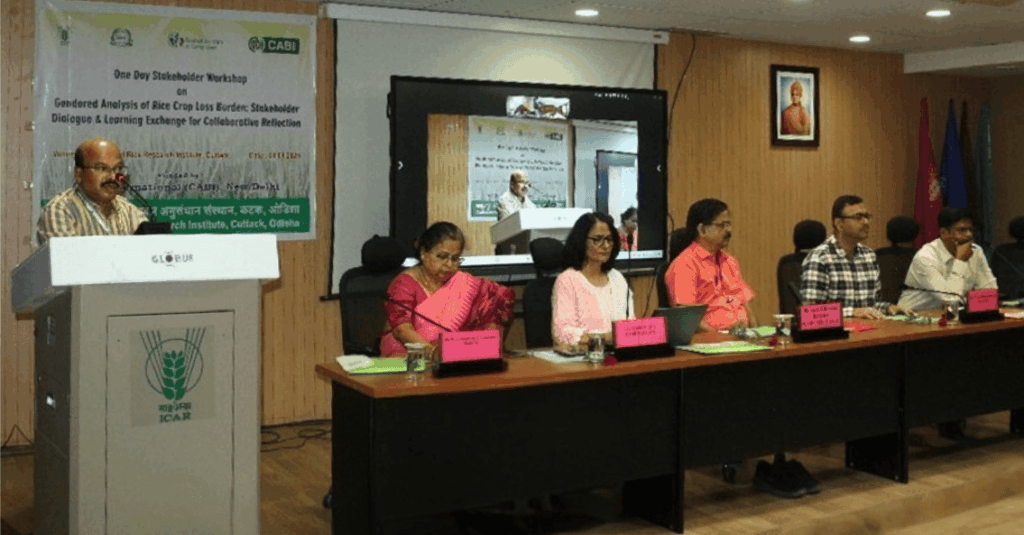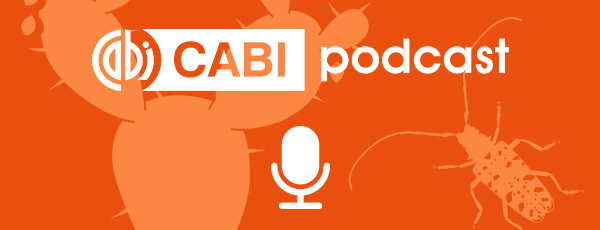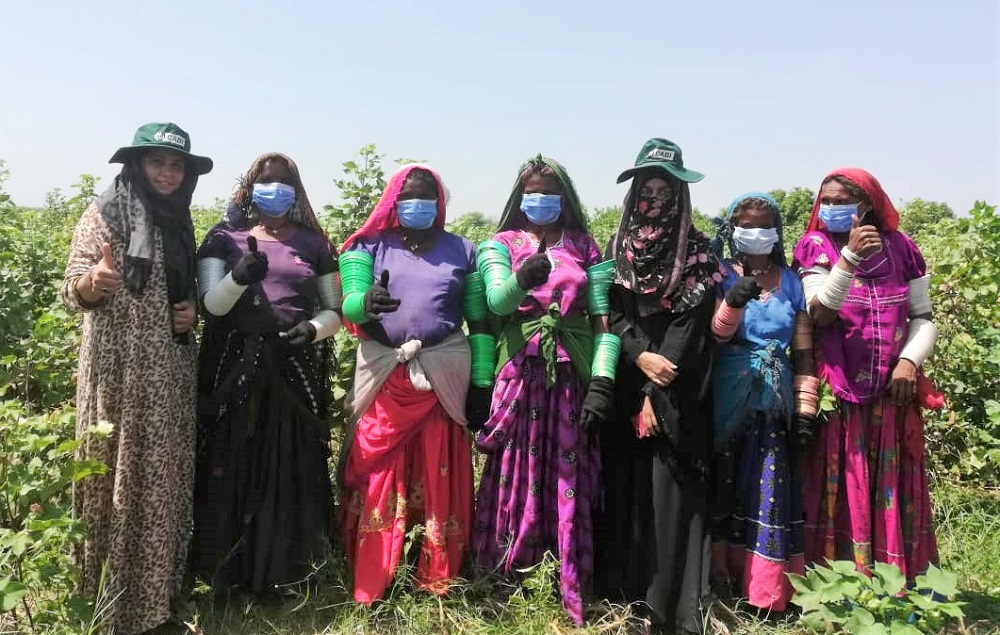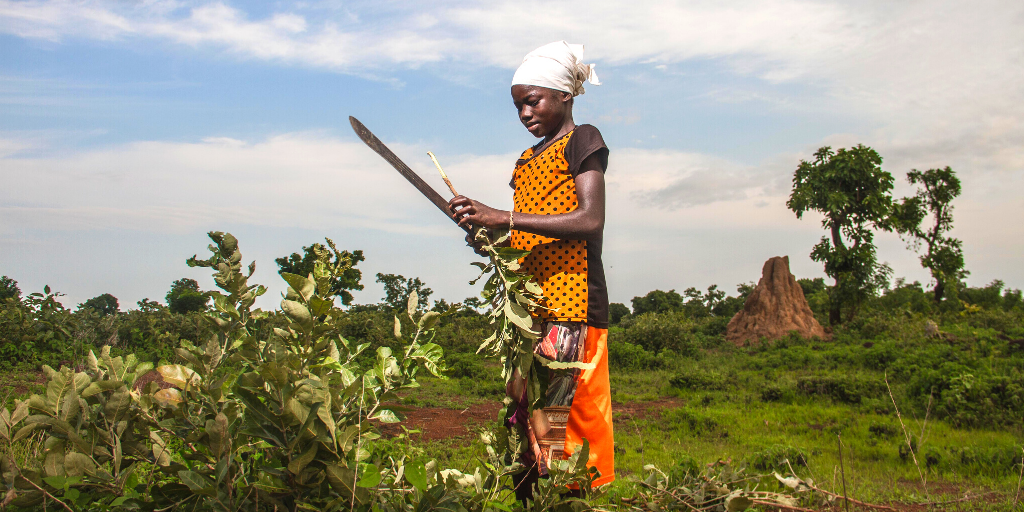The climate crisis disproportionately affects women and girls. We need to act on climate change and gender!
The climate crisis does not affect everyone equally. Women and girls are more likely to experience the greatest impacts of climate change. According to the UN Environment Programme, for example, 80% of people displaced by climate change are women. And in an article from 2022, the UN Entity for Gender Equality and the Empowerment of…
“Through the gender lens, invisible women farmers can finally be seen”
In support of SDG5: Gender Equality, CABI ensures that a gender lens is applied in all of our work. CABI’s goal is to create opportunities for women in agriculture by investing in inclusive economic growth. Our work encourages more food production and trade, while considering how women can share the benefits of growth. This year…
When you picture a farmer, are they a woman?
CABI has today published a briefing, Empowering female farmers – Gender responsive programming, which is an overview of gender inequality in agriculture, its challenges and impacts, and how CABI is working to address these through its projects and implementation now and in the future.











